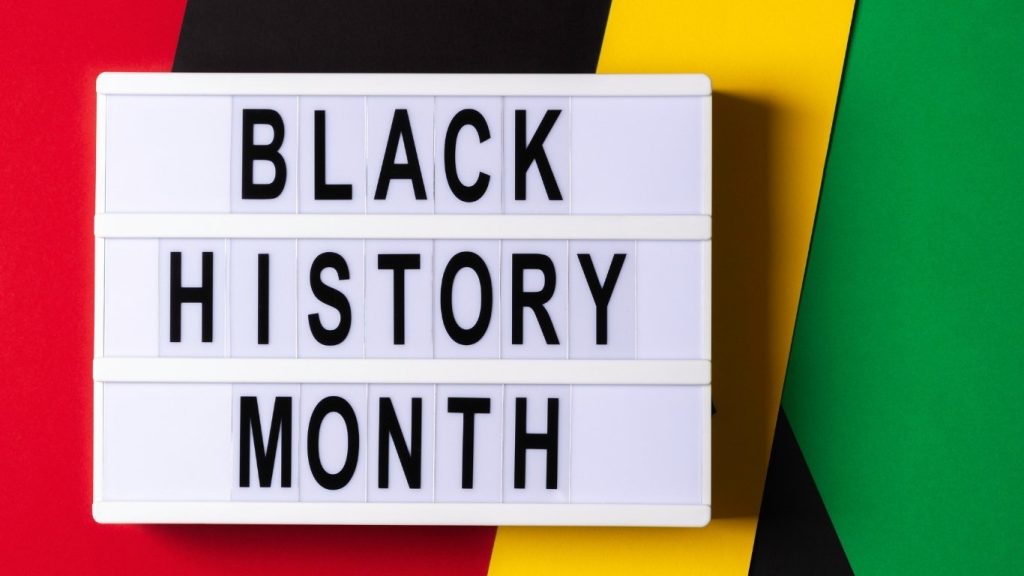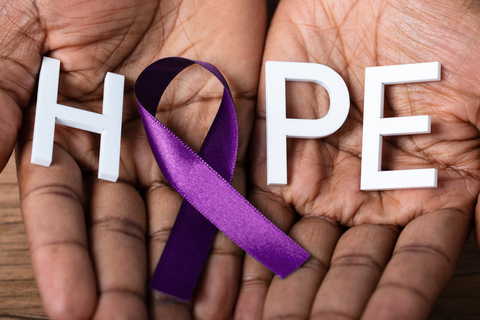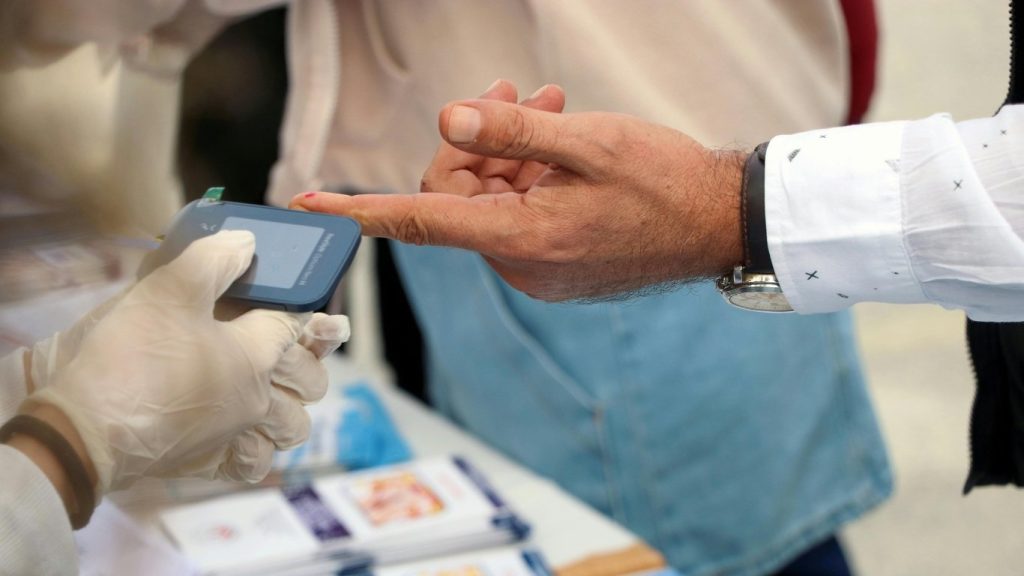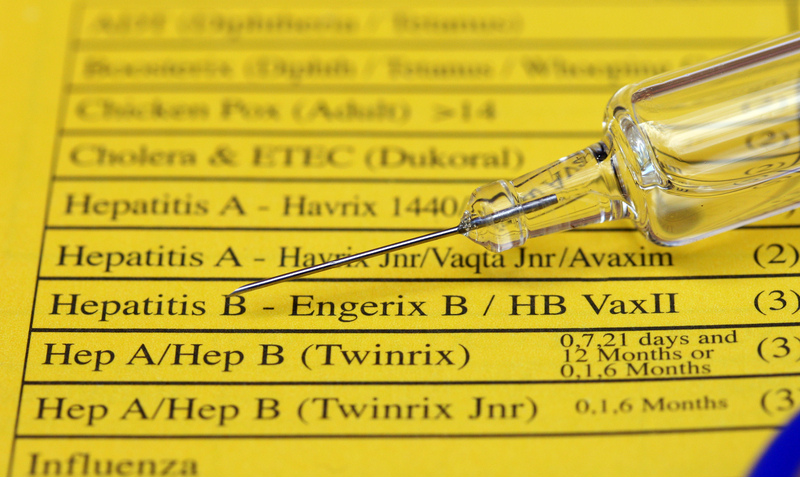- By Jessica Wilson

Iron is a nutrient your body needs to stay energized, focused, and strong. It helps red blood cells carry oxygen through the body, fueling your brain and muscles. But when iron levels are low, everyday tasks can feel harder than they should. For Black communities, awareness and early care are especially important because of higher risks tied to certain health conditions.
Why Black Communities Should Pay Attention to Low Iron
-
Higher risk of anemia: Black women, in particular, are more likely to experience iron-deficiency anemia than white women. Research suggests factors like heavy menstrual bleeding, fibroids, pregnancy, and gaps in access to quality healthcare play a role.
-
Chronic conditions: Conditions such as sickle cell disease and chronic kidney disease—more common in Black communities—can make anemia worse or more complicated to manage.
-
Healthcare disparities: Black patients are less likely to be screened for or treated promptly for anemia, which can leave symptoms overlooked until they become severe.
How Low Iron Shows Up in Everyday Life
-
Constant fatigue: Feeling drained at work, school, or while caring for family.
-
Difficulty focusing: Trouble concentrating or remembering details, which can affect performance and productivity.
-
Shortness of breath and dizziness: Simple activities like walking or climbing stairs feel exhausting.
-
Physical signs: Pale skin, brittle nails, and hair loss can also point to low iron.
Steps Toward Better Health
-
Regular check-ups: Routine blood tests can catch low iron early.
-
Nutrition: Eating iron-rich foods like spinach, beans, lentils, fortified cereals, and lean meats can help boost levels. Pairing them with vitamin C-rich foods (like oranges or peppers) improves absorption.
-
Community health education: Sharing information in churches, schools, and neighborhood centers can help break down stigma and raise awareness.
-
Advocating for care: Asking providers about anemia screening, especially for women and people with chronic conditions, is an important step toward prevention.
Why This Matters
When left untreated, low iron doesn’t just cause tiredness—it can worsen existing health inequities. By raising awareness and making sure Black communities get the screenings, nutrition guidance, and treatments they need, we can close gaps in care and help more people thrive in their daily lives.
Trending Topics
Features
- Drive Toolkit
Download and distribute powerful vaccination QI resources for your community.
- Health Champions
Sign up now to support health equity and sustainable health outcomes in your community.
- Cancer Early Detection
MCED tests use a simple blood draw to screen for many kinds of cancer at once.
- PR
FYHN is a bridge connecting health information providers to BIPOC communities in a trusted environment.
- Medicare
Discover an honest look at our Medicare system.
- Alliance for Representative Clinical Trials
ARC was launched to create a network of community clinicians to diversify and bring clinical trials to communities of color and other communities that have been underrepresented.
- Reducing Patient Risk
The single most important purpose of our healthcare system is to reduce patient risk for an acute event.
- Jessica Wilson
- Subash Kafle
- Jessica Wilson

















